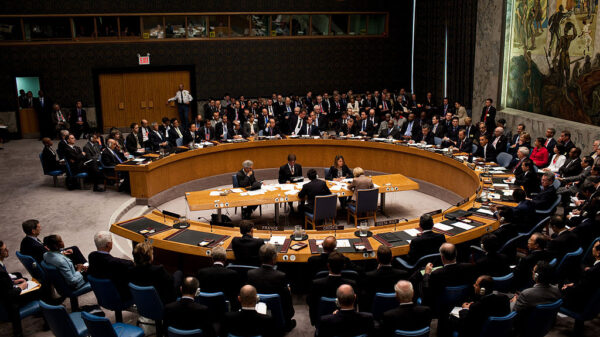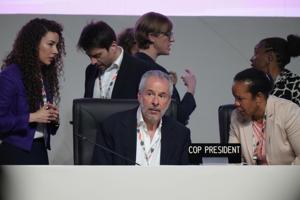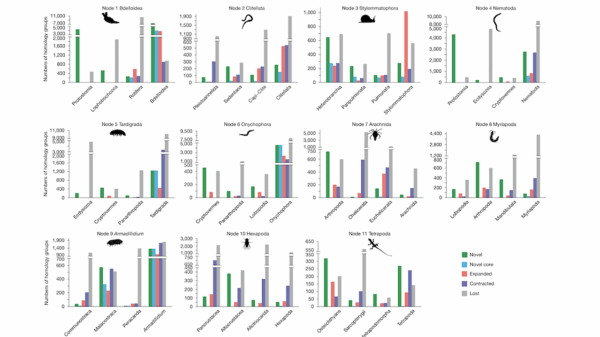United Nations climate talks held in Brazil concluded with an agreement aimed at increasing financial support for countries most affected by climate change. The deal, reached on November 4, 2023, will allocate more funds to assist these nations in adapting to the severe impacts of extreme weather events.
While the agreement promises to enhance the financial resources available, it notably lacks a comprehensive plan addressing fossil fuel reduction. This omission has drawn criticism from environmental advocates who argue that a clear strategy to phase out fossil fuels is essential for effective climate action.
Financial Commitment Details
The new agreement focuses on a target of mobilizing approximately $100 billion annually to support developing countries. This funding is intended to facilitate adaptation strategies, such as improving infrastructure and disaster response mechanisms, which are crucial as these nations face increasing threats from climate-related disasters.
The commitment reflects a recognition of the urgent need for financial assistance, particularly for nations that contribute little to global greenhouse gas emissions yet suffer disproportionately from climate impacts. The discussions highlighted the necessity for a more equitable financial framework to ensure vulnerable countries can adequately respond to climate challenges.
Concerns Over Fossil Fuel Strategy
Despite the financial pledges, the absence of a specific fossil fuel reduction plan has raised alarms among climate advocates. Many believe that without a clear roadmap to reduce reliance on fossil fuels, the effectiveness of any funding initiatives remains questionable.
In a statement, Antonio Guterres, UN Secretary-General, emphasized the critical need for an integrated approach that combines financial support with tangible actions to curb fossil fuel consumption. He remarked, “Without addressing the root causes of climate change, we are merely putting a bandage on a deep wound.”
Critics argue that the current agreement may not lead to substantial change unless it is accompanied by a robust strategy for transitioning away from fossil fuels. The discussions at this year’s COP28 summit highlighted the ongoing tension between developed and developing nations regarding responsibility for climate action and the need for more significant commitments from wealthier countries.
The UN climate talks in Brazil represent a step forward in recognizing the financial needs of vulnerable nations. However, the lack of a detailed plan for fossil fuel reduction underscores the challenges that lie ahead in achieving a comprehensive and effective response to the climate crisis. As the world continues to grapple with the impacts of climate change, the need for decisive action and collaboration remains more pressing than ever.


































































